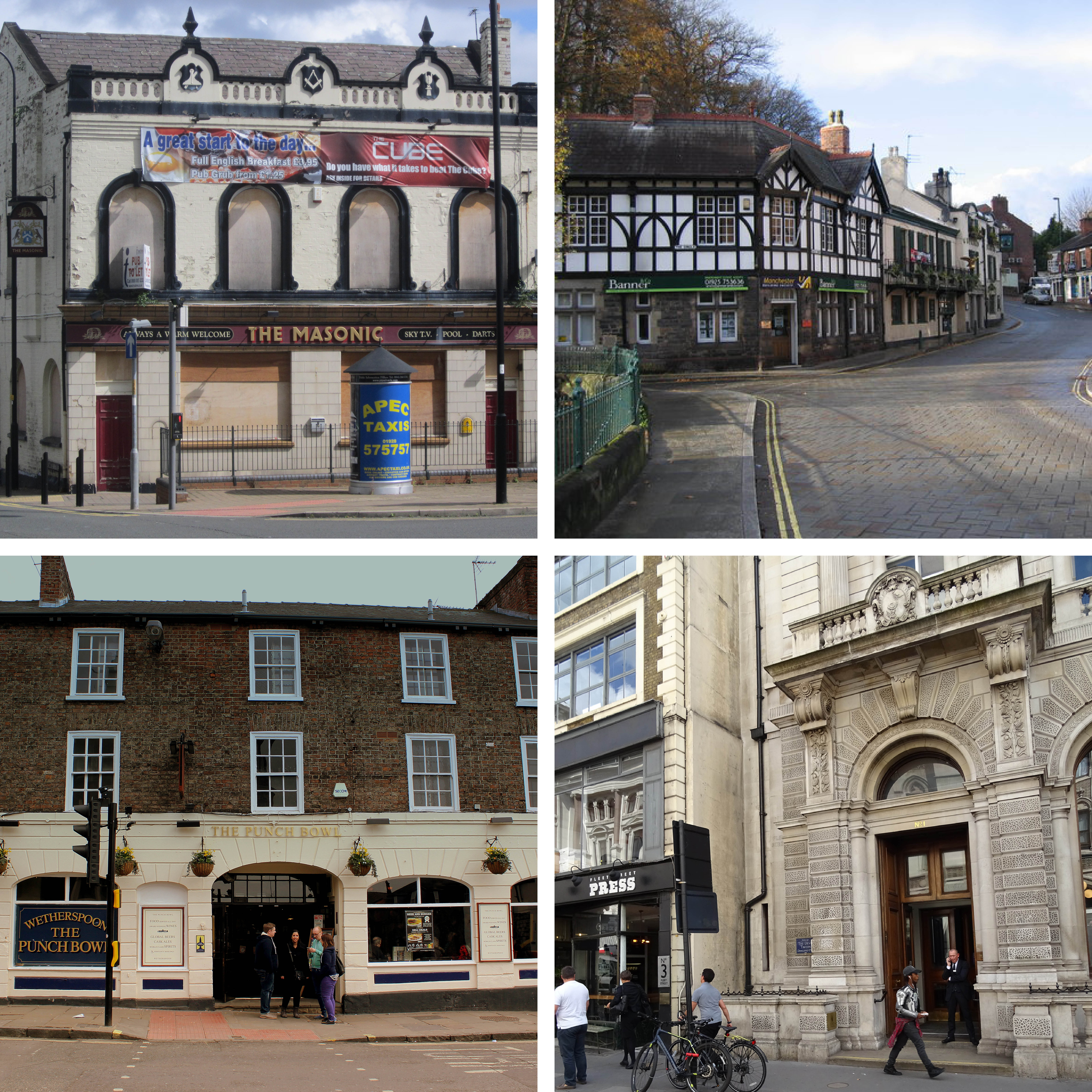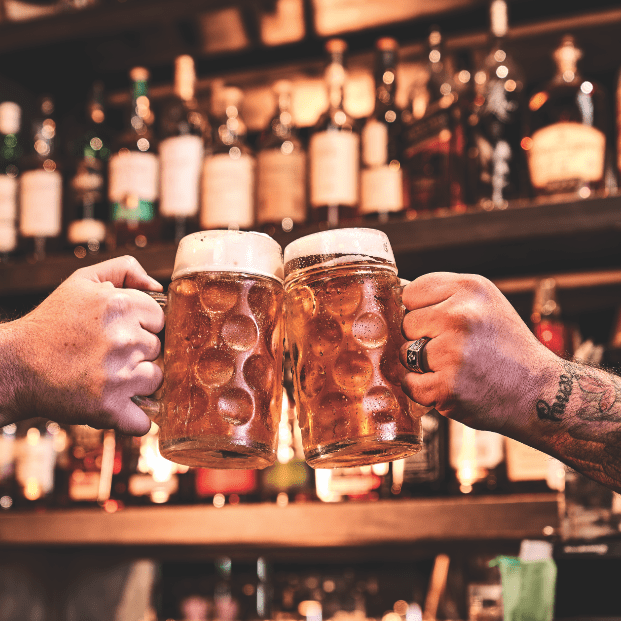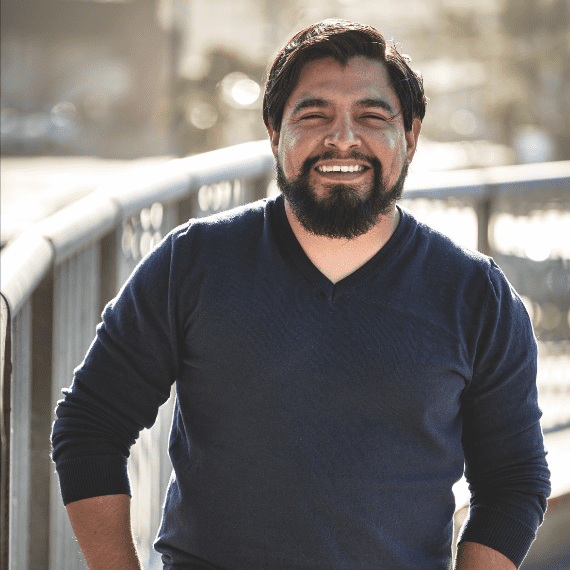
Pub Crawling Through History
A time-traveling, continent-hopping pub crawl of the fraternity’s most important watering holes.

By Ian A. Stewart
When the world eventually returns to normal, the Masons of Templum Rosae No. 863 won’t be among those racing back to the status quo. After a full year away from in-person lodge meetings, leaders of the Oakland group decided to make some changes. When the lodge is cleared to resume meeting in person, they’ll do so only quarterly, with regular monthly gatherings reserved for a minimal quorum of officers. “It allows our members to better balance their personal lives, professional lives, and fraternal fellowship,” says lodge master Jonathan Prestage. “By lifting the requirement of attending every meeting, our membership can better enjoy the occasions when we all come together, quarterly, in celebration of the lodge and the craft.”
 Prestage and his lodge brothers aren’t the only ones who’ve spent the past year rethinking how their lodge functions. Twelve months of videoconferences, webinars, and virtual happy hours have provided important insights into what has—and hasn’t— been working, even before the stay-at-home orders upended life. “If we just go back and do things the way we’ve always done them, we’ve missed an opportunity,” says Mark Nielsen, a member of four Southern California lodges.
Prestage and his lodge brothers aren’t the only ones who’ve spent the past year rethinking how their lodge functions. Twelve months of videoconferences, webinars, and virtual happy hours have provided important insights into what has—and hasn’t— been working, even before the stay-at-home orders upended life. “If we just go back and do things the way we’ve always done them, we’ve missed an opportunity,” says Mark Nielsen, a member of four Southern California lodges.
Already, even the most hidebound traditionalists have had to get comfortable with business as not-quite-usual. But for lodges to truly thrive post-pandemic, leaders believe that it’s imperative to take the lessons of the COVID era to heart. Here are a few of the most important:
One of the pleasant surprises of Masonry’s move online has been the ability to connect with members who either can’t or don’t tend to show up for regular meetings. To lose touch with them once meetings are held in-person again would be a distinct setback.
And while many events require physically gathering in one place, there’s still a broad range of opportunities for members to connect online. Marty Cusing, past master of Burlingame No. 400, points to a series of weekly online study groups his Scottish Rite body convened as an example of the kind of dynamic programming that keeps far-flung members engaged. “It’s piqued a lot of guys’ interest,” Cusing says. “And many of them are guys I wouldn’t have suspected would want to do any kind of study program at all.”
Additionally, some in-person events like lectures, dinners, and Hiram Award celebrations could also be streamed online. “We’ve had a couple of brothers join us from their hospital beds—people who could never make it to an event,” Cusing says. ”Why not set up a camera for those who can’t attend?” It’s a question whose answer suddenly seems within reach.
A frequent refrain among California Masons is that what they miss most is spending time with fellow members and performing the sacred ritual. Not, in other words, holding committee meetings and listening to last month’s minutes. What the past year has shown is that it’s possible to handle that kind of essential, but dry, business online, sparing members a commute. “We want to value people’s time,” says Jared Yoshiki, the most recent past master of Washington No. 20 in Sacramento. Sean Metroka, a past master of Nevada No. 13 and the current junior grand warden, agrees that a 30-minute online committee meeting is not only easier to attend and manage, but also opens up leadership positions to those who in the past might not have been able to make the time commitment.
Late in 2019, then–Grand Master John Trauner introduced the Sister Lodge program. Little could he have known that the pandemic would be the perfect chance to put those partnerships into action. As the fraternity reemerges, it’ll be particularly important for lodges to work in tandem.
 That includes collaborating on casual, fellowship driven events like dinners and happy hours, as well as helping one another with practical scheduling needs. Jairo Gomez, past master of Morning Star No. 19 and the current potentate of the Ben Ali Shrine in Sacramento, points out that his lodge has half a dozen candidates waiting to take their degrees, as do neighboring lodges. “I think at a district level, we have to start a calendar of events so you can handle the same officers doing a million degrees.”By potentially holding joint-lodge degree ceremonies, Gomez says, the fraternity can avoid officer burnout and still provide members with a meaningful degree experience. “The successful lodges are going to be the ones who look at this as an opportunity to create new kinds of programs,” he says.
That includes collaborating on casual, fellowship driven events like dinners and happy hours, as well as helping one another with practical scheduling needs. Jairo Gomez, past master of Morning Star No. 19 and the current potentate of the Ben Ali Shrine in Sacramento, points out that his lodge has half a dozen candidates waiting to take their degrees, as do neighboring lodges. “I think at a district level, we have to start a calendar of events so you can handle the same officers doing a million degrees.”By potentially holding joint-lodge degree ceremonies, Gomez says, the fraternity can avoid officer burnout and still provide members with a meaningful degree experience. “The successful lodges are going to be the ones who look at this as an opportunity to create new kinds of programs,” he says.
The pandemic has changed the financial outlook for many hall associations. The majority have had significant revenue shortfalls over the past year from lost or reduced rent payments and big single-use events like weddings. As such, many have peered into the financial abyss. That’s why it’s imperative that they start mapping out cash-flow projections for 18 or 24 months down the line that account for multiple contingencies and setbacks. “This is an opportunity for halls to rethink their business model,” says Khalil Sweidy, head of real estate services for Grand Lodge. “Are they renting at market value? Do they have excess overhead?” (The Grand Lodge real estate team can provide resources including templates for long-term capital-improvement planning.)
Hall boards may look for ways to trim costs in the interim, he says, like cutting ties with a property-management firm. “The majority of halls have weathered the storm thus far,” Sweidy says. Now they need to plan for a post-pandemic stabilization. For Nielsen, who sits on the board of the Oceanside–San Dieguito No. 381 hall association, the events of the past year have reset what lodges and halls consider possible. “It’s basically forcing these kinds of conversations to happen,” he says. “My greatest hope is that we can take this time to think critically about how we want to hit the ground running.”
ILLUSTRATION CREDIT:
NOAH MACMILLAN

A time-traveling, continent-hopping pub crawl of the fraternity’s most important watering holes.

Why lifting a drink represents the pure, distilled essence of Freemasonry.
